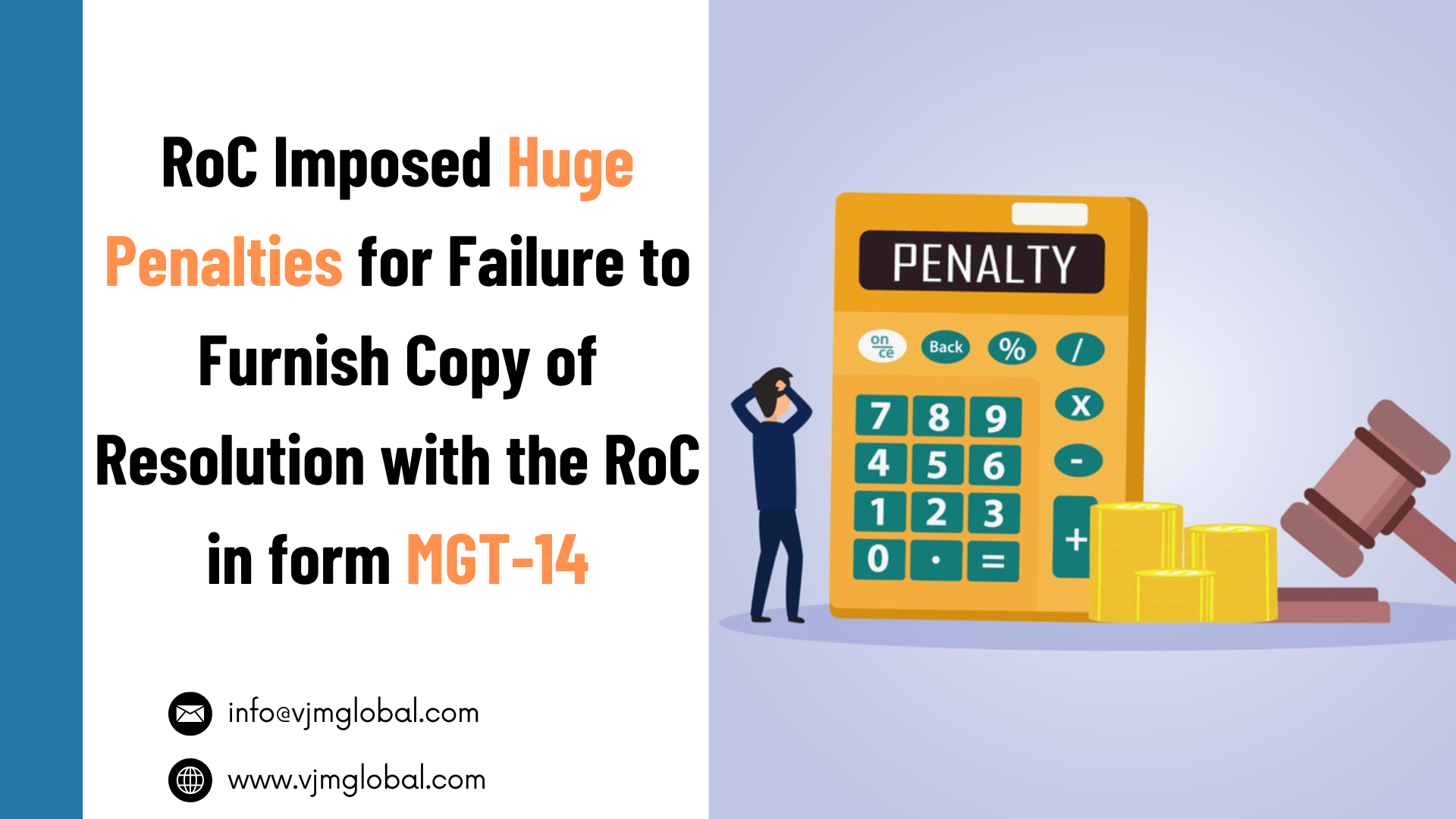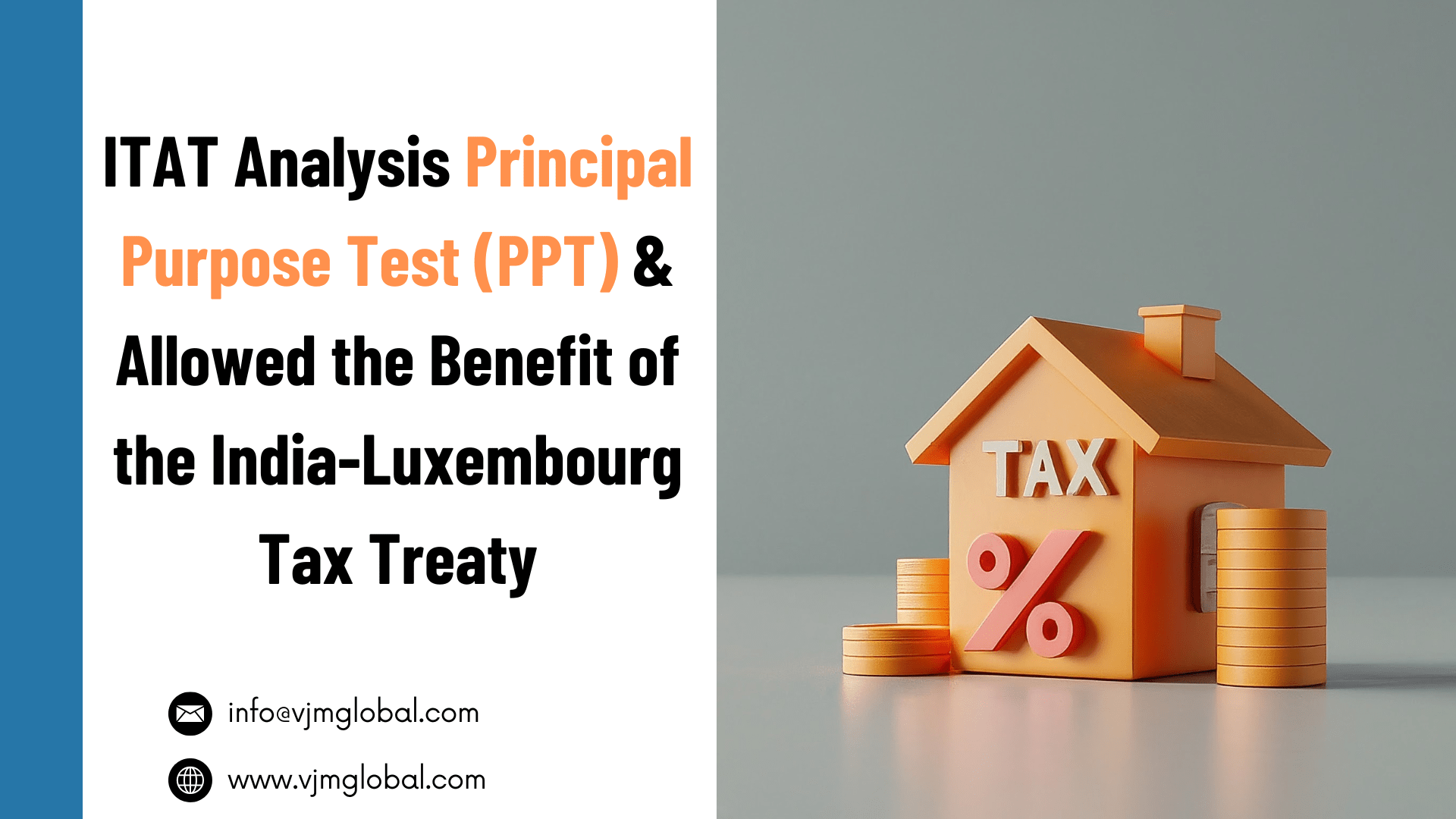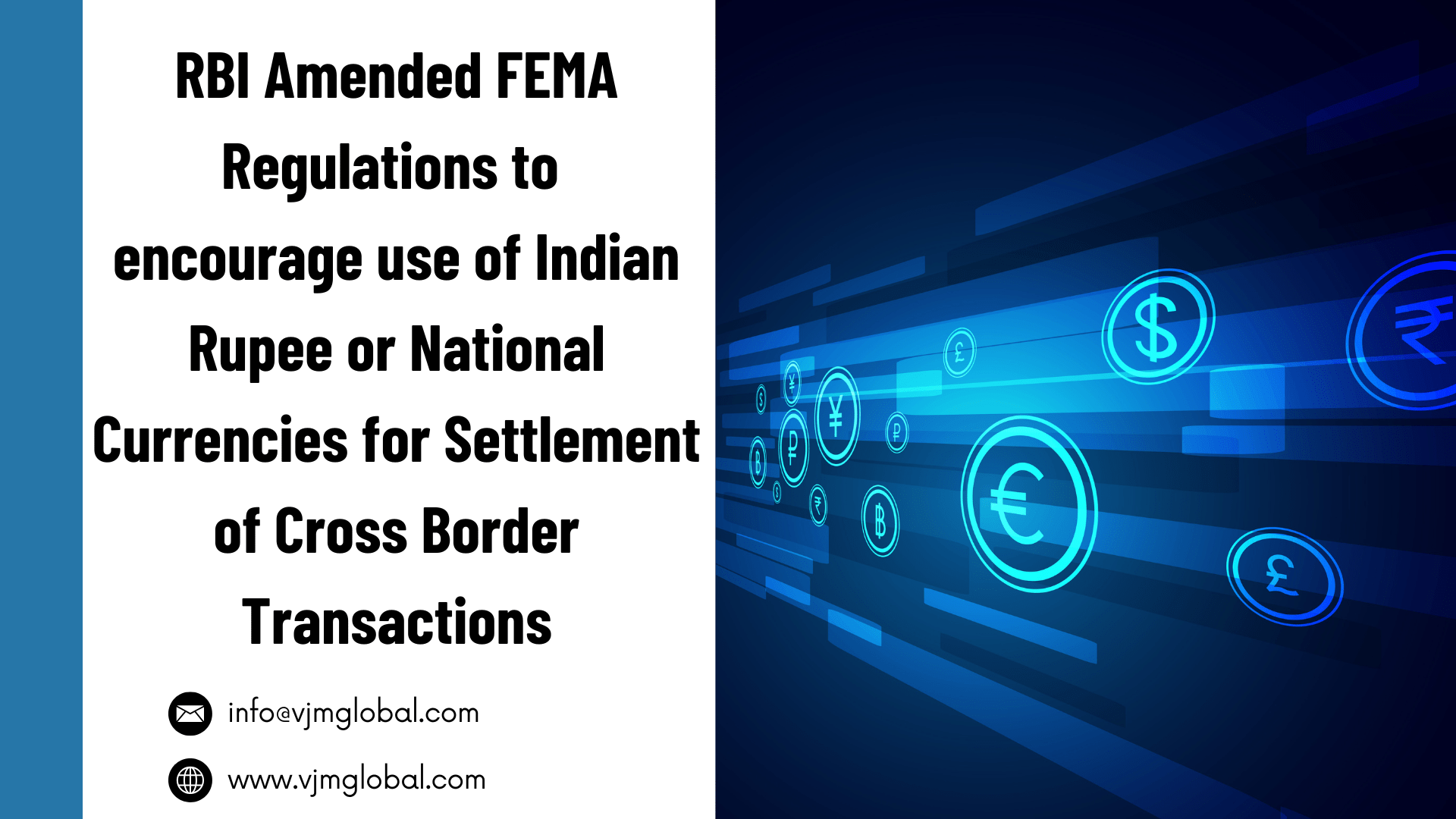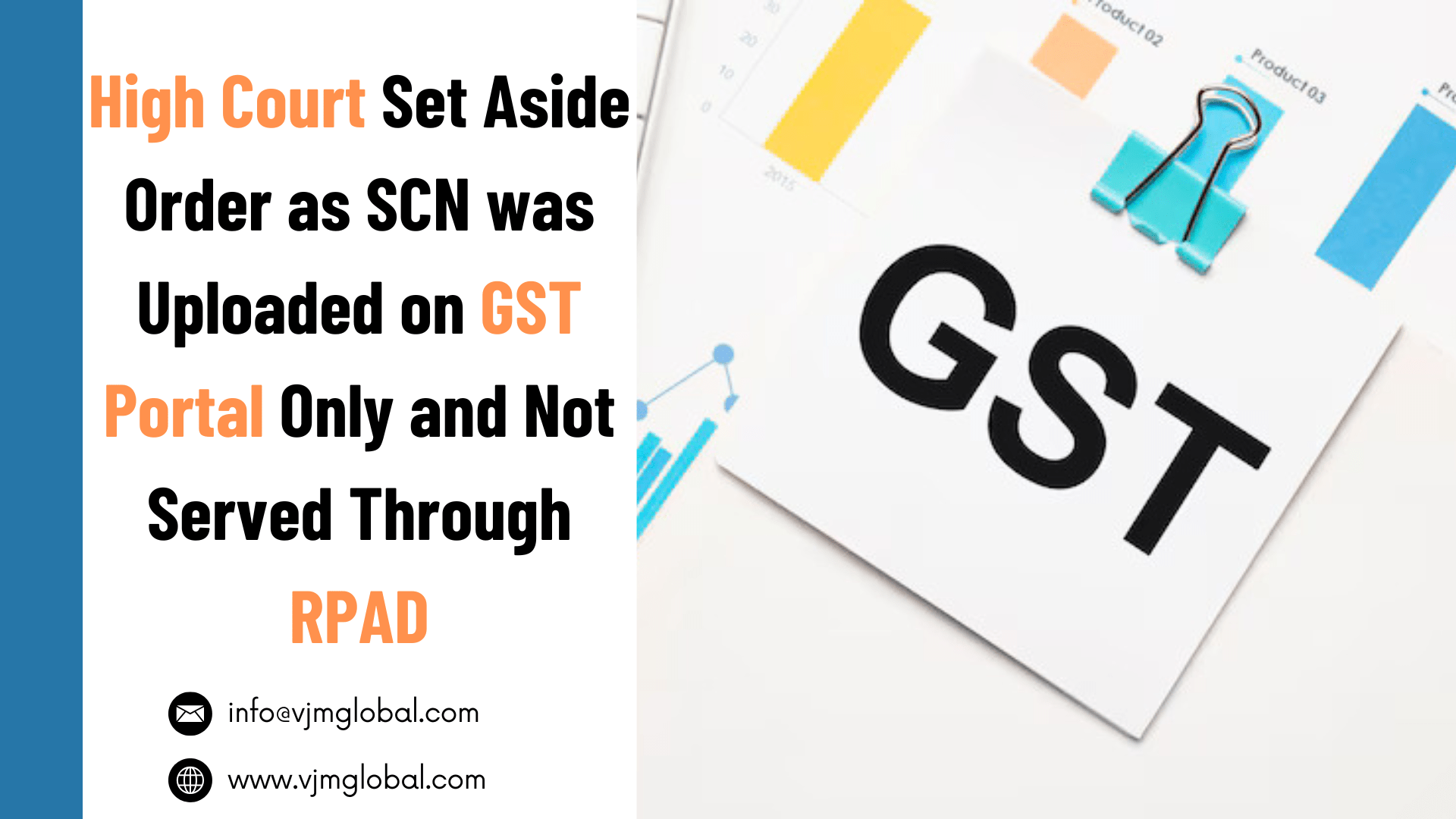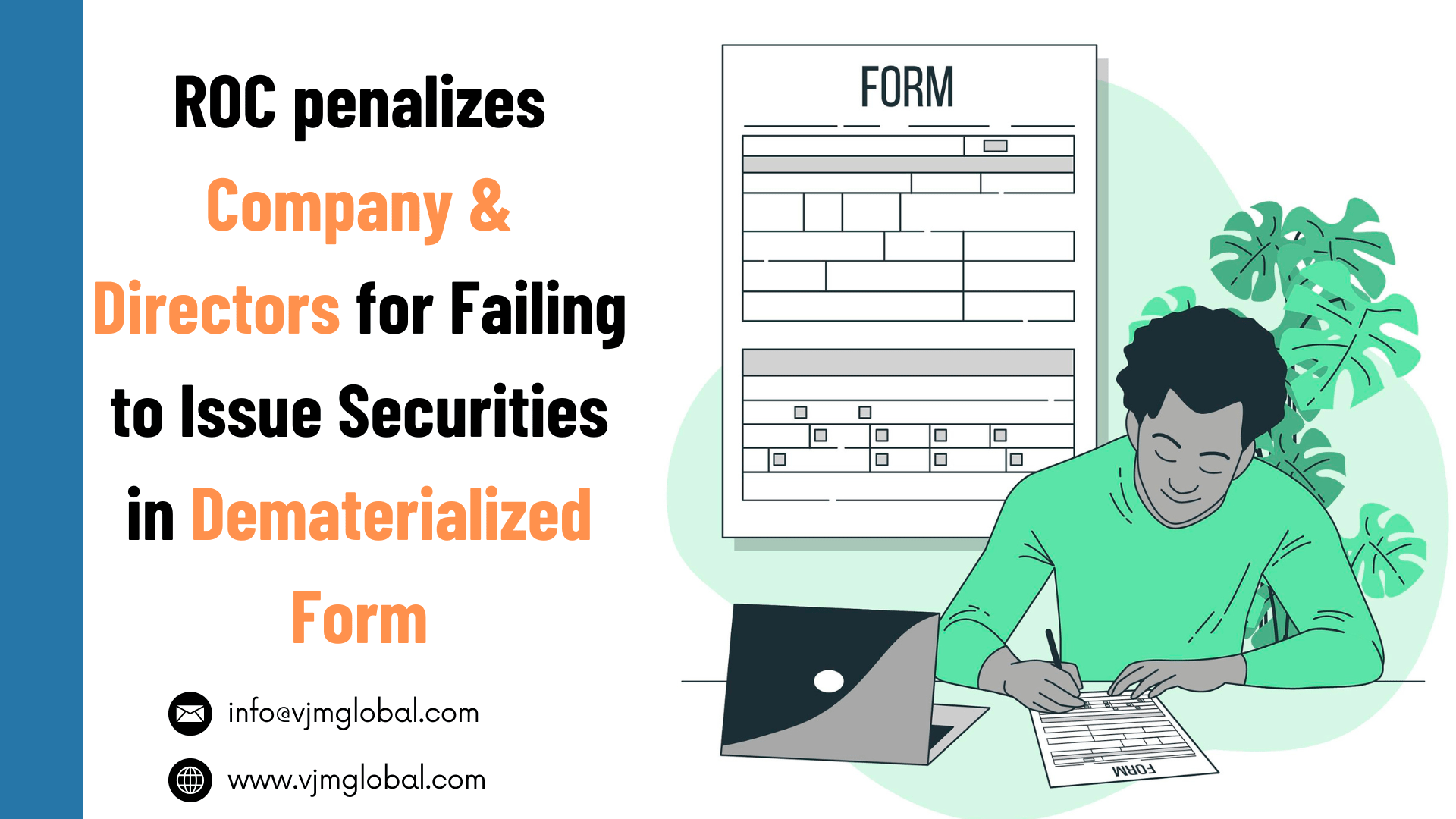Doing business outside India or open a company outside India for growing business internationally is an essential part of a company’s business expansion policy. If you as a business enterprise are looking for a way to set up a business outside of India, along with the legal requirements of that country a few of the Indian legislation and statutory requirements have to be kept in mind as well.
Under the Overseas Direct Investment provisions, an Indian entity can directly invest outside India by way of contribution to the capital or through subscription to the Memorandum of Association of the foreign entity, as this signifies long term interest in the overseas entity. In other words there are limited options available like through a Joint Venture (JV) or a Wholly Owned Subsidiary (WOS).
[A JV means a foreign concern formed, registered or incorporated in a foreign country in accordance with the laws and regulations of that country and in which investment has been made by an Indian entity. In a WOS scenario, the entire capital is owned by an Indian entity.]
There are mainly two methods prescribed for opening a company outside India. These methods, namely Liberalised Remittance Scheme Method and Overseas Direct Investments, are introduced to make the processor easier while keeping the element of accountability intact. While body corporates prefer the automatic route under all circumstances, the rest have to pursue a prior approval under the approval route for investments.
1. Liberalised Remittance Scheme (LRS)
As per LRS, a resident individual may remit up to USD 250,000 per financial year for any:
- permitted capital;
- current account transaction; or
- a combination of both.
Some of the capital account transactions permitted under the scheme include:
- Resident individuals can acquire and hold shares or debt instruments or any other assets including property outside India, without prior approval of the Reserve Bank.
Can remittances be made to acquire Joint Ventures abroad?
With effect from August 05, 2013, LRS can be used by Resident individuals to set up Joint Ventures (JV)/ Wholly Owned Subsidiaries (WOS) outside India for bonafide business activities within the limit of USD 2,50,000 subject to the terms & conditions stipulated in FEMA Notification No.263.
Fema Notification 263
Acquisition or Setting up of a JV or WOS abroad by resident individual
A resident individual, single or in association with another resident individual or with an ‘Indian Party’, satisfying the criteria as per Schedule V of this Notification, may make overseas direct investment in the equity shares and compulsorily convertible preference shares of a Joint Venture (JV) or Wholly Owned Subsidiary (WOS) outside India.
Some of the conditions to be followed are:
- Resident individuals are prohibited from making a direct investment in a JV or WOS abroad which is engaged in real estate business, banking business, or in the business of financial services activity.
- The JV or WOS abroad shall be engaged in bonafide business activities only.
- Resident individuals are prohibited from making direct investments in a JV or WOS [set up or acquired abroad individually or in association with other resident individuals and/or with an Indian party] located in the countries identified by the Financial Action Task Force (FATF) as “non cooperative countries and territories”. One can find these countries listed on the official FATF website- www.fatf-gafi.org, or as notified by the Reserve Bank.
- The resident individual should not be on the Reserve Bank’s Exporters Caution List or List of defaulters to the banking system or under investigation by any investigation or enforcement agency or regulatory body.
- At the time of investment, the permissible ceiling shall be within the overall ceiling prescribed for the resident individual under the Liberalised Remittance Scheme as prescribed by the Reserve Bank from time to time.
- The JV or WOS, to be acquired or set up by a resident individual under this Schedule, should be an operating entity only and no step down subsidiary is allowed to be acquired or set up by the JV or WOS.
- For the purpose of making investment under this Schedule, the valuation shall be as per Regulation 6(6)(a) of this Notification.
- The financial commitment by a resident individual to or on behalf of the JV or WOS, other than the overseas direct investments as defined under Regulation 2(e) read with Regulation 20A of this Notification, is prohibited.
Therefore, It is clear that Resident Individuals can remit money outside India for setting up either a joint venture or a wholly owned subsidiary abroad under the LRS.
- Recently, the RBI has permitted the purchase of immovable property abroad under the LRS. Therefore, a person can now not only set-up a Company abroad but also purchase an immovable property abroad for setting up the office of such a business under the LRS within a total limit of USD 2,50,000 per financial year.
2. Overseas Direct Investment for open a company outside India
The Second way by which Residents can set-up business abroad is through Overseas Direct Investment.
A direct investment outside India is either by way of subscribing to the capital of a new Company set-up outside India or by purchase of shares of an existing Company outside India.
Direct Investment outside India can be made either by way of the Automatic Route or the Approval Route.
2.1 Automatic Route for Overseas Direct Investment
Under the Automatic Route, an Indian Party does not require any prior approval from the Reserve Bank for making overseas direct investments in a JV/WOS abroad.
The Indian Party should approach an Authorized Dealer Category I bank with an application in Form ODI along with the prescribed enclosures and documents for affecting the remittances towards such investments. However, in case of investment in the financial services sector, prior approval is required from the regulatory authority concerned, both in India and abroad.
Limits and requirements for overseas direct investment to be made under the Automatic Route
The criteria for overseas direct investment under the Automatic Route are as under:
- The Indian Party can invest up to the prescribed limit of its net worth (as per the last audited Balance Sheet) in JV or WOS for any bonafide activity permitted as per the laws of the host country.
- The Indian Party should not be on the Reserve Bank’s exporters’ caution list or list of defaulters to the banking system published/circulated by the Credit Information Bureau of India Ltd. (CIBIL), RBI, or any other credit information company as approved by the Reserve Bank or under investigation by the Directorate of Enforcement or any investigative agency or regulatory authority; and
- The Indian Party routes all the transactions relating to the investment in a JV/WOS through only one branch of an authorised dealer to be designated by the Indian Party.
- The prescribed limit is 100% of the net-worth of the Indian Party.
Procedure to be followed by an Indian party to make overseas direct investment in a JV/WOS under the Automatic Route
The Indian Party intending to make overseas direct investment under the automatic route is required to:
- Fill up form ODI duly supported by the documents listed therein, i.e., certified copy of the Board Resolution, Statutory Auditors certificate and Valuation report (in case of acquisition of an existing company); and
- Approach an Authorized Dealer (designated Authorized Dealer) for making the investment/remittance.
Conclusion: Investment outside India under the automatic route can be made to set-up a new company abroad (JV or WOS). This can only be done by an Indian Company set-up under the Companies Act’ 1956 or a registered partnership firm or a Body Corporate set-up by an Act of Parliament.
2.2 Approval Route for Overseas Direct Investment
Proposals not covered by the conditions under the automatic route require prior approval of the Reserve Bank for which a specific application in Form ODI with the documents prescribed therein is required to be made through the Authorized Dealer Category – I banks. Some of the proposals which require prior approval are:
- Overseas Investments in the energy and natural resources sector exceeding the prescribed limit of the net worth of the Indian companies as on the date of the last audited balance sheet;
- Investments in Overseas Unincorporated entities in the oil sector by resident corporates exceeding the prescribed limit of their net worth as on the date of the last audited balance sheet, provided the proposal has been approved by the competent authority and is duly supported by a certified copy of the Board Resolution approving such investment.
However, Navaratna Public Sector Undertakings, ONGC Videsh Ltd and Oil India Ltd are allowed to invest in overseas unincorporated / incorporated entities in oil sector (i.e. for exploration and drilling for oil and natural gas, etc.), which are duly approved by the Government of India, without any limits, under the automatic route;
- Overseas Investments by proprietorship concerns and unregistered partnership firms satisfying certain eligibility criteria;
- Investments by Registered Trusts or Societies (satisfying certain eligibility criteria) engaged in the manufacturing, educational, or hospital sector in the same sector in a JV / WOS outside India.
Points To remember:
- Requests under the approval route are considered by taking into account, inter alia, the prima facie viability of the JV / WOS outside India, likely contribution to external trade and other benefits that may accrue to India through such investment, financial position and business track record of the Indian party and the foreign JV / WOS, experience and expertise of the Indian party in the same or related line of activity of the JV / WOS outside India, etc.
- Applications in Form ODI- Part I may be forwarded through the designated Authorized Dealer Category – I bank.


